After many delays, Spirit shareholders refused a Frontier offer and the airline announced a deal with JetBlue the next day. But who REALLY won?
Full disclosure: we have been wrong before, about this story. At different times, an agreement between Spirit and Frontier, or Spirit and JetBlue, seemed all but certain. And then hours later, it didn’t or wasn’t. This saga has been going on for a long time. In February, Spirit and Frontier announced that they were discussing a potential merger – or takeover.
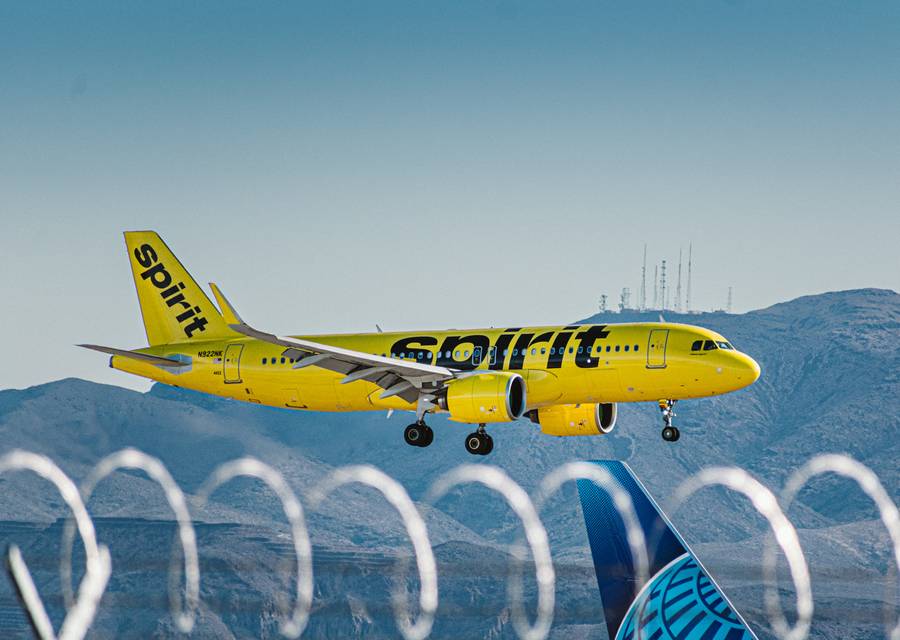
Then in April, just as the deal was getting ready, JetBlue made an offer to buy Spirit. This caught everyone by surprise. Most analysts (and the markets) didn’t know what to make of it. A Spirit – Frontier merger would meet regulatory challenges – but from the point of view of the companies, it made sense. Both Frontier and Spirit are so-called Ultra-Low-Cost Carriers (ULCCs) in the United States. They also share very similar Airbus fleets.
JetBlue also operates an Airbus fleet, but the appeal of its suggested deal with Spirit was less obvious. JetBlue has a considerably different operating model from the other two airlines. Operationally, absorbing Spirit would mean changing its model (modifying its aircraft) to match that of JetBlue’s. But as we’ve seen, JetBlue would gain airport slots in key airports, permitting it to expand its transcontinental routes.
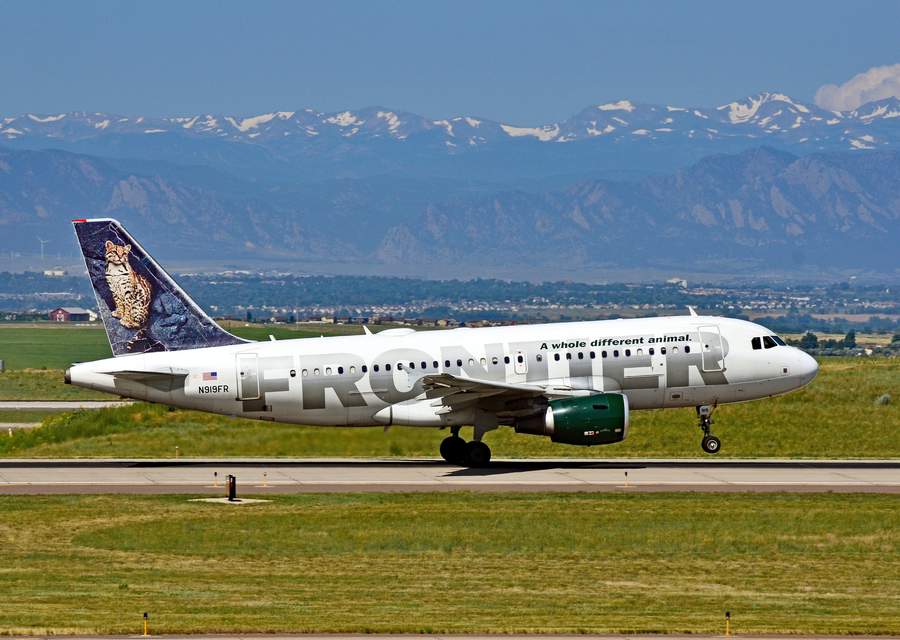
Spirit – JetBlue Deal, Regulators And Shareholders
But like a potential deal between Spirit and Frontier, one with JetBlue would also meet with regulatory resistance. Either merger would have created the 5th largest airline in the US – beating Alaska Airlines. Also, both deals effectively limit the number of available ULCCs, drawing a lot of attention from regulators.
As we saw, Spirit’s board believed that a JetBlue deal would be riskier in this regard. For this reason, they recommended that shareholders vote in favour of the Frontier offer. But for some time now, the word was that the Spirit shareholders preferred the JetBlue deal anyway. And somewhat controversially, Spirit’s board delayed this shareholder vote, to muster support for the Frontier deal.
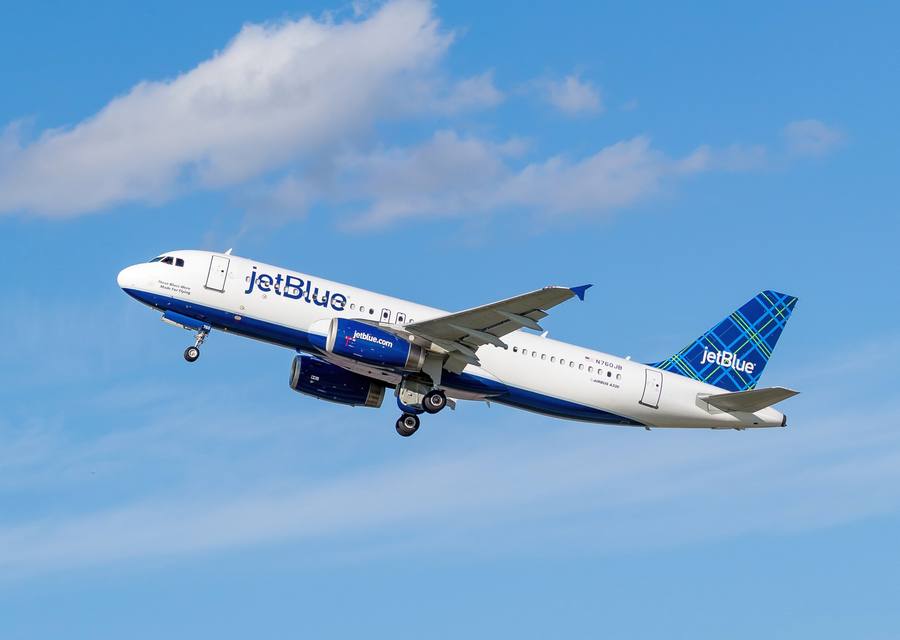
In total, this vote was delayed four times. JetBlue expressed some frustration, saying that many Spirit board members preferred a Frontier deal, citing prior links. Spirit rejected this not-too-subtle accusation. In any case, Frontier never matched JetBlue’s offer, arguing that its deal was safer. But the offers of both airlines increased in value over several months. Each airline also offered improved terms in case the deal hit a regulatory wall.
But eventually, Frontier wouldn’t raise its offer anymore. It got as high as $2.7 billion. JetBlue has reportedly upped its offer to $3.8 billion, with a breakup fee of $400 billion. Again, the latter is in case of regulatory trouble. And on Wednesday, Spirit’s shareholders finally got to vote on the Frontier offer – rejecting it.
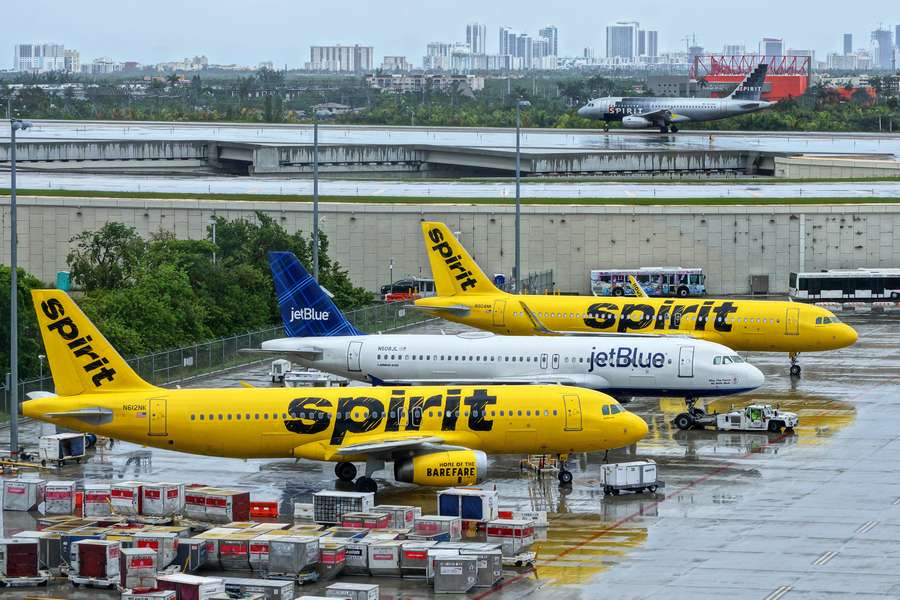
White Smoke: Spirit Goes Ahead With JetBlue Deal
A day later (28th of July), Spirit Airlines announced that it agreed to the latest JetBlue deal. Spirit’s shares went up by 5% at the news, while those of JetBlue gained 1%. But interestingly, Frontier’s shares also went up, by 1.6%. In an earlier statement, Frontier expressed its disappointment at the rejection from Spirit’s shareholders. Frontier’s chairman Bill Franke stated that the airline maintained “a disciplined approach” throughout.
So now the interesting question is: who is winning in this development? Frontier’s rising share value is a clue, as are the others. For starters, there is now a small (?) bill to settle, between Spirit and Frontier. Having rejected Frontier’s offer, Spirit has to pay $25 million. And the agreement was that Spirit would have to pay a further $69 million if it merges with someone else in the next 12 months. Obviously, the Spirit – JetBlue deal, less than a day later, triggers this payout, too.
More importantly, for some analysts, the real winner from Spirit saying “no” to Frontier, is Frontier. The whole point of a Frontier merger with Spirit, was for the combined airline to have a stronger position in the US ULCC market. But with this JetBlue deal, Spirit is effectively leaving this ULCC market, leaving Frontier on its own.
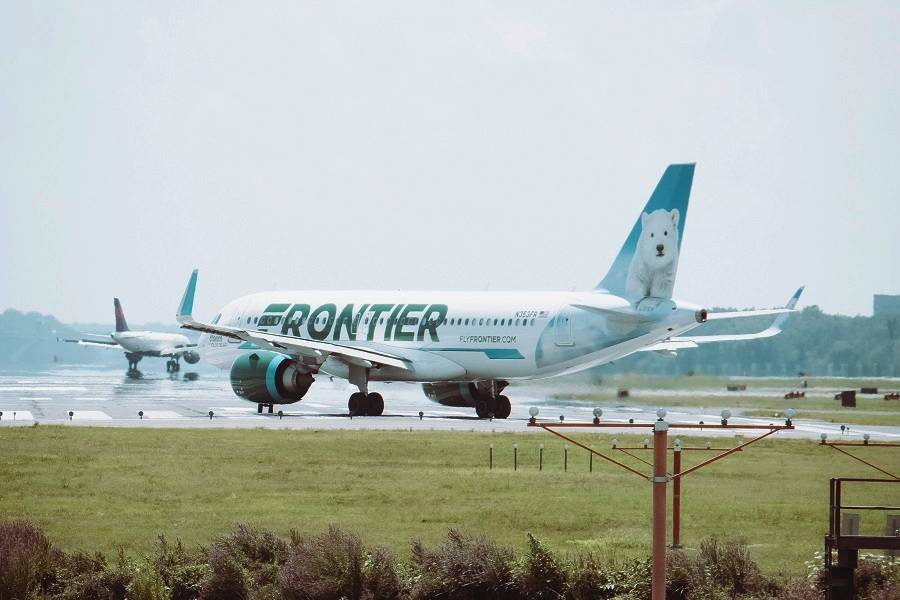
Adjusting To Changes?
Continuing on its own, Frontier perhaps won’t be able to expand as fast as it might have done if it had bought Spirit. But it won’t have the debt this purchase would have incurred. And now its largest competitor is effectively gone. Again, JetBlue is not expected to allow Spirit to continue operating as a ULCC, after their deal.
Obviously Frontier won’t need to face any regulators after this development. It can instead concentrate on its network, expanding to cover Spirit’s departure. Frontier has investment firm Indigo Partners behind it. Once (or if?) these developments become final, it will be interesting to see what investments Frontier makes, in its fleet and network.
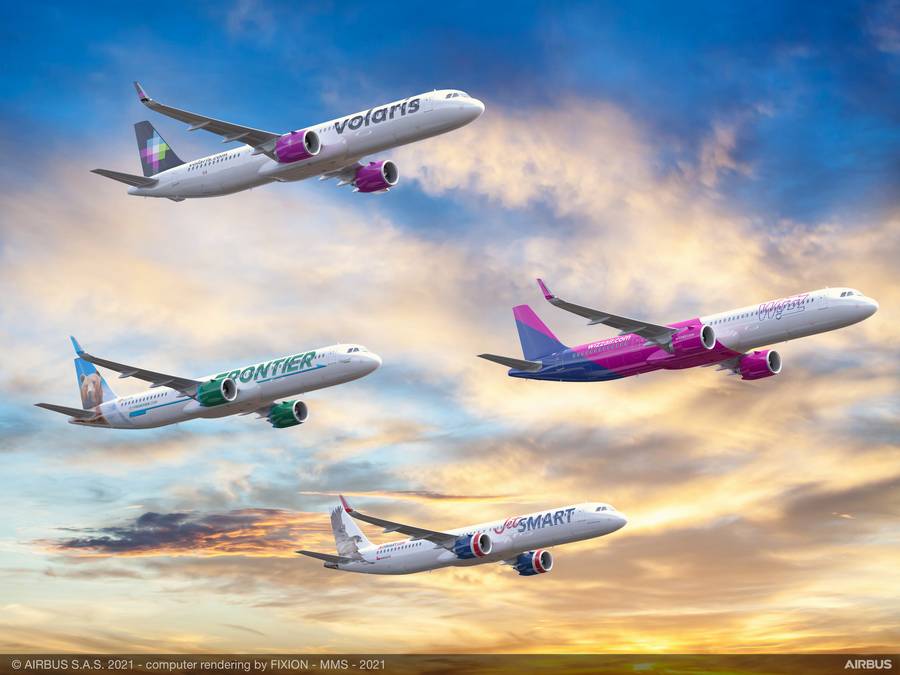
Finally, the speed with which Spirit and JetBlue announced their deal, is interesting. Previously, Spirit had expressed some reservations about JetBlue’s “Northeast Alliance” with American Airlines. JetBlue may have to announce some route divestitures, to alleviate pressure from regulators.
So for the next weeks and months, the reaction of regulators to these events will be the industry’s main focus. And if anything goes wrong, well, Frontier could be a few months ahead of Spirit, in developing its plans.

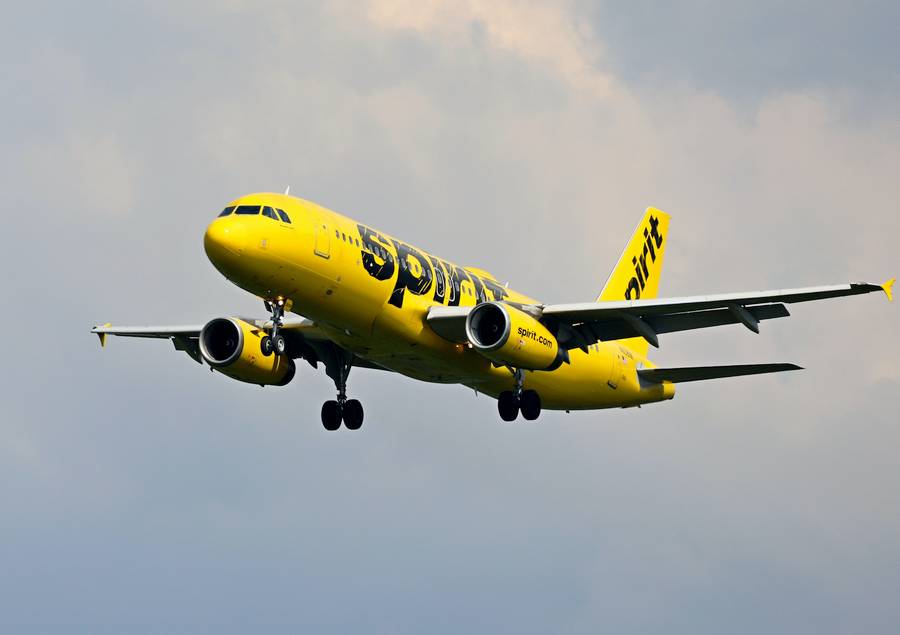



1 comment
William Anderson
And if the regulators veto JetBlue does Frontier get back in the game?